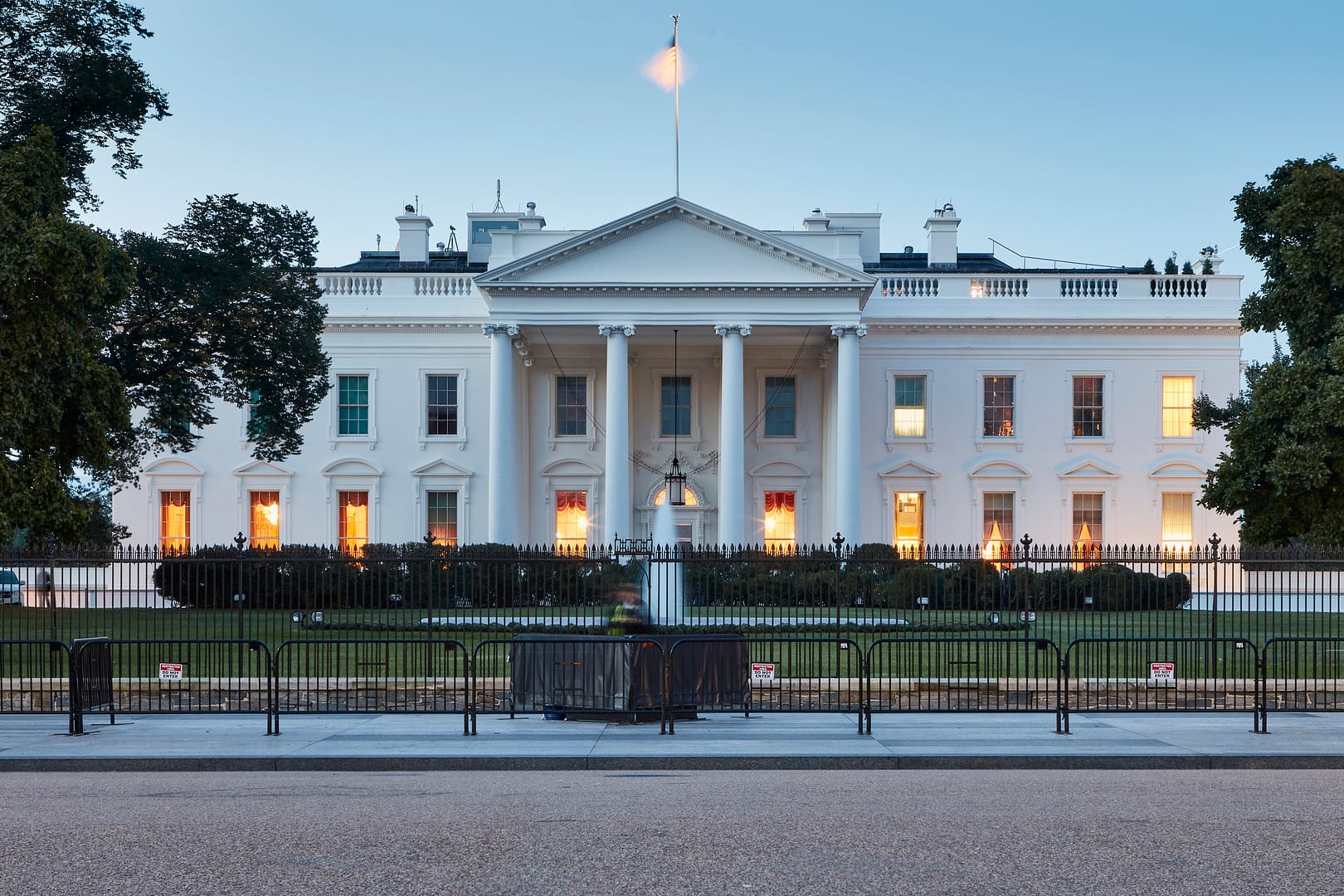Over the weekend, the administration announced a new round of tariffs to go into effect on Tuesday, prompting questions about potential market impacts and portfolio implications. President Trump declared a national emergency on his first day in office, which gave him sweeping economic powers, including the ability to implement tariffs. The administration has framed these tariffs as a tool for gaining leverage on immigration policy and combating illicit drug trade, signaling a broader use of economic measures beyond trade objectives.
After President Trump’s announcement, the leaders of Canada and Mexico responded, vowing retaliatory tariffs on US goods. By Tuesday evening, the 25% tariffs on Mexican and Canadian imports were postponed for 30 days after both Justin Trudeau, the prime minister of Canada, and Claudia Scheinbaum, the president of Mexico, held discussions with President Trump. In both cases, they agreed to provide additional border security and increase efforts to curb fentanyl crossing their borders into the US. However, tariffs on Chinese imports were implemented with an additional 10% tariff on goods already subject to a 25% tariff. China has since announced retaliatory tariffs on select American imports and has initiated antitrust investigations into some US companies, including Google.





